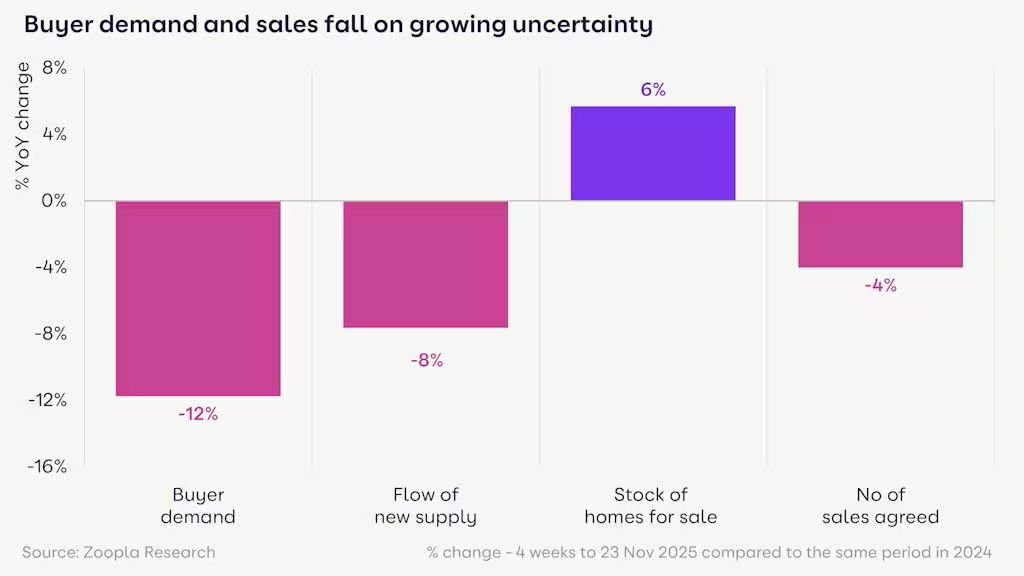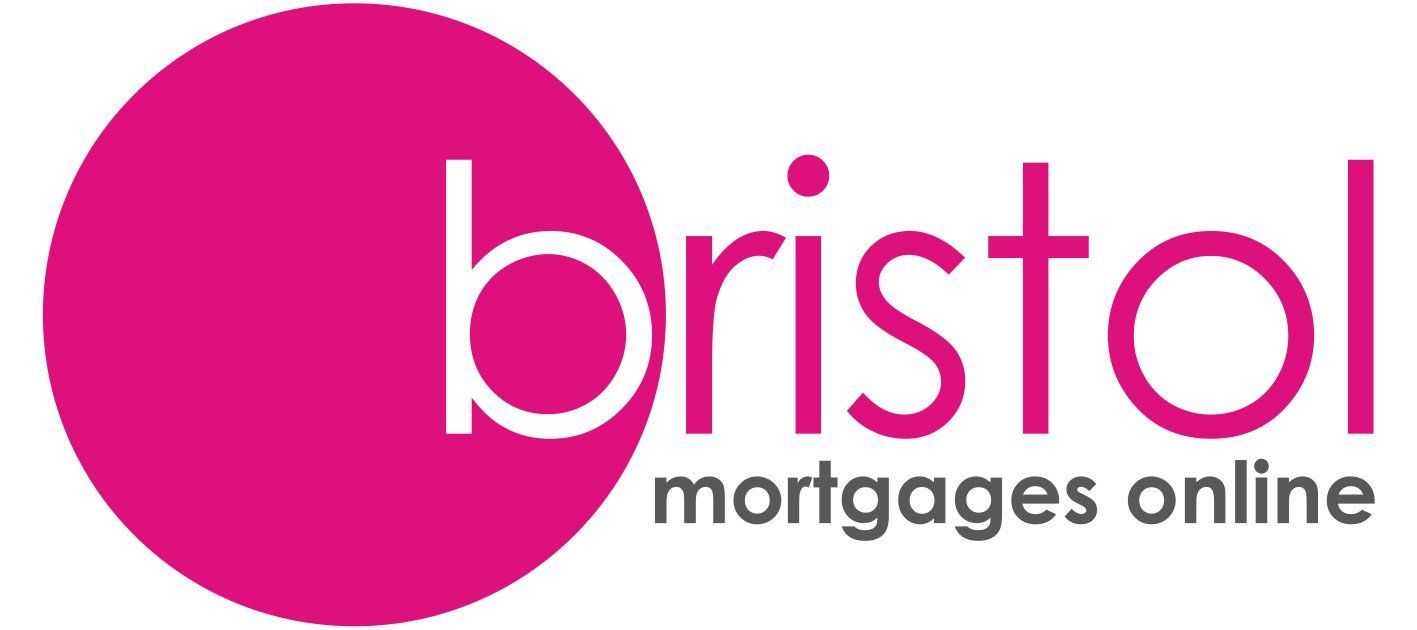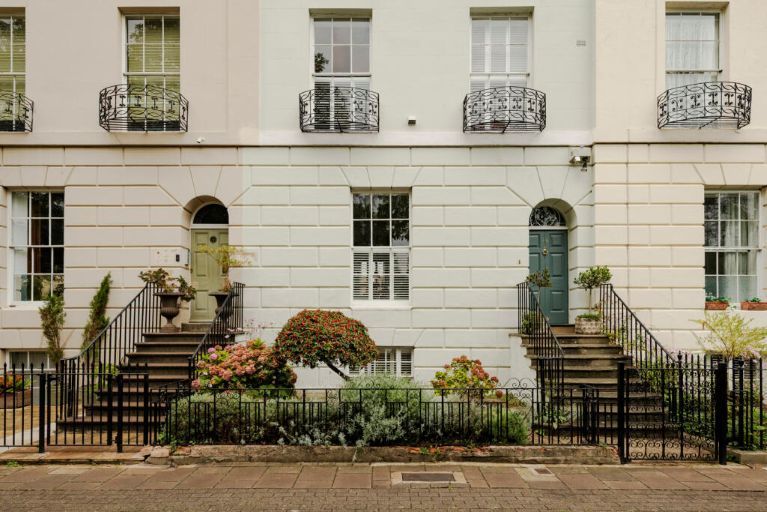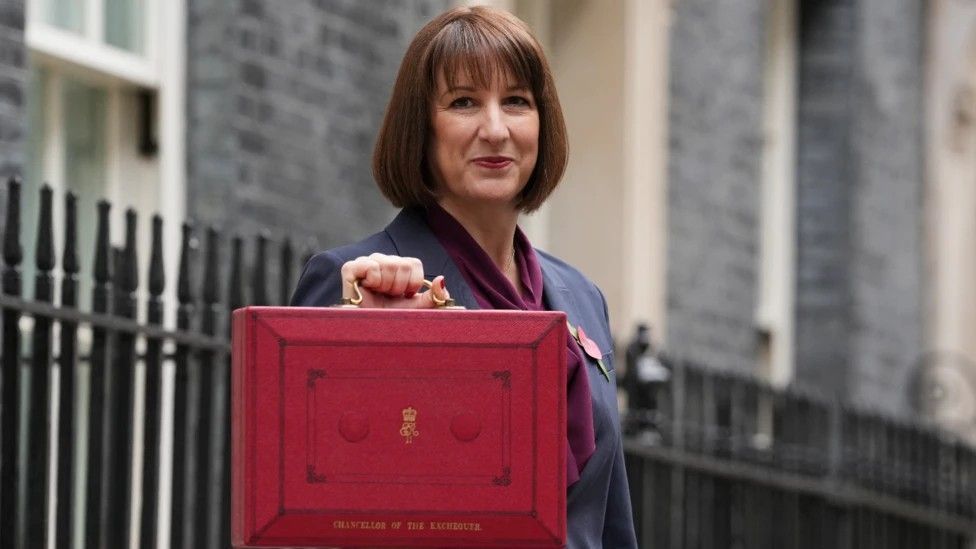Step-by-step Guide to Buying your First Home
Bristol, Bath & Exeter Mortgages Online help you at every step of the way
To save you from asking what you think you should already know, here’s some help to demystify the home buying process. Adapted from an article by Property News team at Zoopla.
As a first-time buyer, there are a number of steps to go through before you can successfully turn the key in the lock, but the process doesn’t have to be painful.
In this article, @bristolmortgage,@bathmortgage and @extermortgage walk you through buying a first home, from having an offer accepted, right through to exchange and completion.
1. Getting your offer accepted
Finding out your offer has been accepted on the property you’ve fallen in love with is a big achievement. But this is also the point at which the hard work begins, as there are quite a lot of things you need to do between now and move day.
2. Confirm your mortgage
While you might have had a ‘mortgage in principle’ before putting in an offer, this is not binding. It only gives an indication of how much you could borrow. Now that you’ve had your offer accepted, you need to apply for a mortgage officially.
Equally, if some time has elapsed since you got your agreement in principle, it might be worth researching again, as another deal may now be more competitive, or better suited to your needs.
As a first-time buyer, you may want to consider one of the tailored mortgage products offered by us as a whole-of-market fully independent Mortgage Broker.
The choice of excellent First-time Buyer mortgages on the market is considerable, with many lenders only using intermediaries like ourselves. We can recommend a tailor-made mortgage for you, subject to the usual affordability and credit checks.
3. Appoint a solicitor or conveyancer
Once you’ve had your offer accepted and confirmed your mortgage, you need to decide who you are going to hire as your conveyancer or solicitor to handle the legal side of things.
When choosing a solicitor, you may want to get recommendations from family or friends. It’s also worth checking reviews and recommendations online. We work with several panels of highly experienced solicitors who offer attractive rates to our clients.
It is the job of your conveyancer or solicitor to review all the legal documents and start the necessary searches – including local authority, environmental and water, and property. The conveyancing process starts when your offer is accepted and ends when you receive the keys, and good conveyancing is key to keeping your property purchase on track.
4. Get a survey
Once you’ve got your mortgage officially agreed, think about commissioning a survey. While a survey is not compulsory, it is advisable, as it will assess the condition of a property and identify any problems before contracts are exchanged. It’s important not to get a mortgage valuation confused with a survey. A valuation is only for the mortgage lender’s benefit – to check the property is adequate security for the amount you want to borrow.
It’s advisable to instruct your own surveyor to do a more detailed inspection of the home you want to buy. There are three different types of survey to choose from.
The Home Condition Report is the most basic and cheapest. While it will highlight significant issues, it will not go into detail.
The Home Buyer Report is the mid-table version survey and is more expensive than the Home Condition Report, but cheaper than a Building Survey. It will highlight big issues, such as damp and anything that doesn’t meet building regulations, but is not as detailed as a Building Survey. The Homebuyer Report is the most common type of survey.
A Building Survey is the most in-depth type of survey and the most expensive. It provides the most comprehensive analysis of a property’s condition and is recommended if you are buying an old property, a listed property, or one which is thatched.
5. Set the completion date
At this stage, you should be ready to set out a provisional completion date. This is the date you will actually move. You will need to agree this with your estate agent. Completion usually takes place between one and four weeks after exchange of contracts, though this can vary.
Once your move date has been finalised, you can book the date in with your removals company. It’s also time to get packing.
6. Think about removals
Once you’ve got a provisional move date in place, start thinking about removals. Shop around for quotes from different removals firms, but don’t book anything until your completion date is confirmed.
7. Exchange contracts
Once all the searches are complete, the legal work is finalised, and the mortgage is in place, it’s time to exchange.
Exchange is the point at which the house purchase is legally binding, and you pay the deposit to the solicitor. If you back out after exchange, it is likely you will lose your deposit and must pay associated costs.
8. Complete
On completion day, you must pay the balance on your home. This usually comes from your mortgage lender. In addition, you need to pay any outstanding fees, such as stamp duty and the cost of legal work.
9. Move in
Once you’ve completed, you’ll get the keys to your new home – and you are free to move in. Congratulations!
Remember as an Independent Mortgage Broker, we are regulated to offer you the best advice.
For expert advice and more information or to book your FREE consultation please visit one of our websites, call or email.
Bristol Mortgages Online www.bristolmortgagesonline.com Tel 0117 325 1511
Bath Mortgages Online www.bathmortgagesonline.com Tel 01225 584 888
Exeter Mortgages Online www.exetermortgagesonline.com Tel 01392 690 888
Email info@swmortgages.com
#bristolmortgagebroker
#mortgageadvice
#independentbroker
#livinginbristol
#movingtobath
#bathmortgagebroker
#greatmortgage
#lowinterestmortgage
#fixedratemortgage
#expertmortgageadvice
#freeconsultation
#remortgage
#firsttimebuyer
#greatbuytoletdeals
#fivestarservice
#highlyrecommended
#topmortgagebroker












